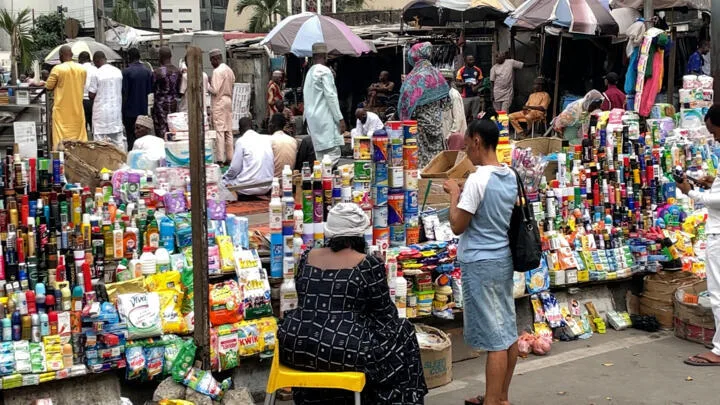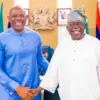Nigeria’s headline inflation rate fell to 21.8% in July 2025, down from 22.22% in June, according to the National Bureau of Statistics (NBS). The data marks the fourth consecutive monthly decline in inflation this year, signaling a possible trend toward economic stabilization.
Despite the annual decline, the month-on-month inflation rate rose to 1.99% in July, up 0.31 percentage points from 1.68% in June, indicating persistent short-term price pressures.
The Consumer Price Index (CPI) report also revealed that food inflation—a key driver of Nigeria’s cost-of-living crisis—stood at 22.74% year-on-year, while the monthly food inflation rate eased slightly to 3.12%, down from 3.25% in June.
Core inflation, which strips out the more volatile categories of food and energy, dropped significantly to 21.33% year-on-year in July—a 6.13 percentage point decrease from 27.47% in July 2024.
According to the NBS, the main contributors to the CPI in July were food and non-alcoholic beverages, restaurant and accommodation services, and transportation.
Mixed reactions to economic reforms
While these figures may suggest an improving macroeconomic outlook, public sentiment remains sharply divided.
President Bola Tinubu’s economic reforms, implemented after he assumed office in May 2023, have drawn widespread criticism for exacerbating the rising cost of living. In response, thousands of Nigerians have taken to the streets over the past two years, culminating in the high-profile #EndBadGovernance protests in August 2024—dubbed by many as the “hunger protests.”
Despite public dissatisfaction, Dr. Ngozi Okonjo-Iweala, Director-General of the World Trade Organization (WTO), offered a more optimistic assessment during a meeting with President Tinubu on Thursday.
“We think that the President and his team have worked hard to stabilise the economy, and you cannot improve an economy unless it’s stable. He has to be given credit for that,” she said.
Dr. Okonjo-Iweala added that while the reforms are on the right track, the next priority must be inclusive growth and social protection.
“We now need to grow the economy, and we need to put in a social safety net, so that people who are feeling the pinch of the reforms can also have some support… These are the issues we discussed with Mr. President,” she said.


